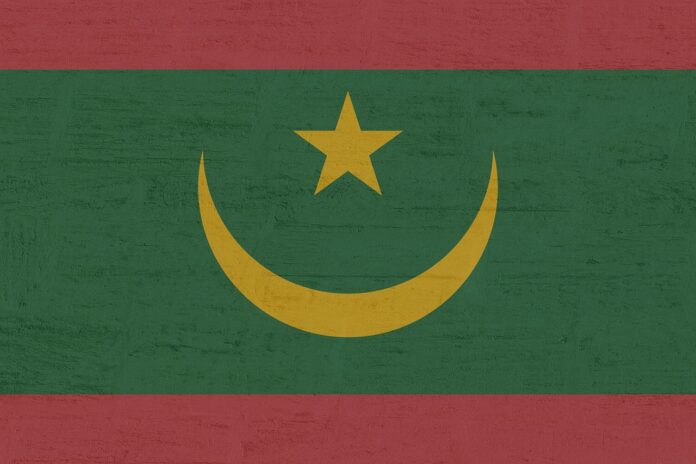Like many other African nations, Mauritania is a poor and underdeveloped country. To the credit of some locals, efforts are being made to improve the situation, but progress is slow, and Mauritania remains on the list of the world’s poorest countries.
The political climate is also unstable, and while there haven’t been major conflicts in recent years, there is always a risk that old tensions could reignite at any moment.
Facts About Mauritania:
- Borders: Mauritania shares borders with three countries and one partially recognized state, Western Sahara. At one time, part of Western Sahara belonged to Mauritania, but the Mauritanian government later recognized the independence of these lands.
- Arab Influence: Arabs began settling in Mauritania around the 11th century, bringing with them their culture and religion.
- Political Instability: Between 1978 and 1984, Mauritania experienced four military coups, each resulting in a change of government.
- Population Comparison: The population of Mauritania is about 3.5 times larger than that of Russian cities like Perm or Voronezh, but still roughly four times smaller than that of Moscow.
- Colonial Past: Mauritania was a French colony for a long time, and traces of French influence remain, such as the widespread availability of baguettes.
- Water Scarcity: Out of more than a million square kilometers of Mauritanian territory, only 0.03% is covered by bodies of water.
- Agriculture: More than half of the Mauritanian population is employed in agriculture.
- Poverty: Approximately 40% of the population lives below the poverty line.
- Desert Terrain: About 60% of the country’s territory consists of sandy and rocky deserts.
- Slavery: Mauritania remains the only country in the world where authorities do not actively prosecute slaveholders. Although slavery was officially abolished on paper in 2007 (and earlier in 1980), in practice, around 20% of the population lives in conditions of slavery.
- Illiteracy: More than half of the Mauritanian population is illiterate.
- Extreme Heat: In summer, during the hottest months, air temperatures in Mauritania can sometimes reach up to 50°C (122°F).
- Ancient Mosque: The city of Atar in Mauritania is home to one of the oldest mosques in the world.
- Low HIV Rates: Mauritania has a lower HIV infection rate compared to most other African countries.
- Islam: Nearly 100% of Mauritanians practice Islam.
- River Senegal: The only river in Mauritania that does not dry up during the summer dry season is the Senegal River. All other rivers in the country dry up during the hot months.
